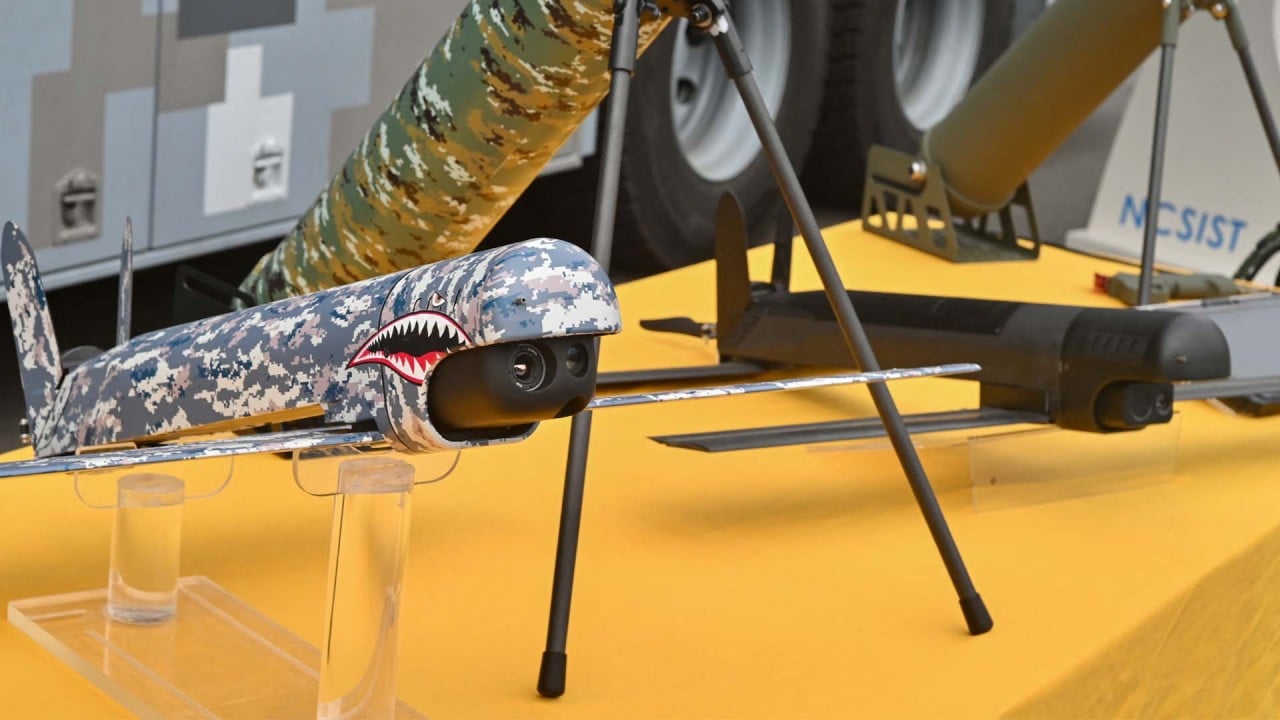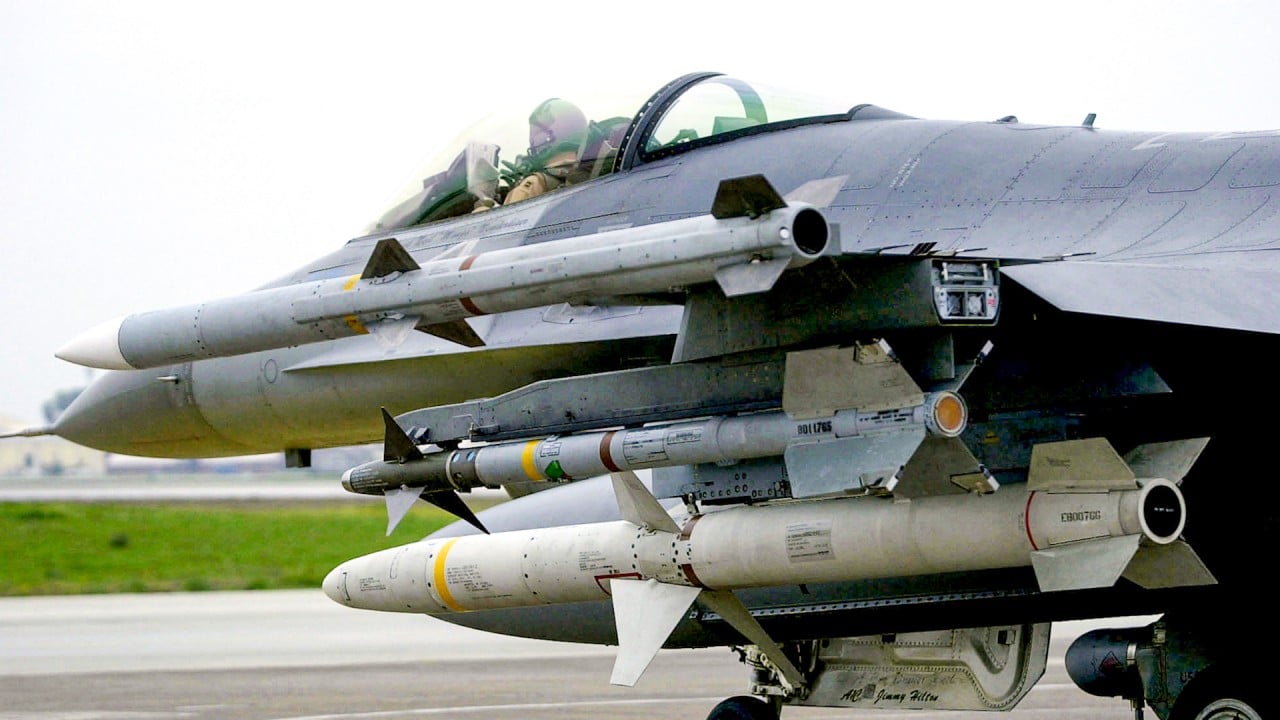
Taiwan’s military shelves controversial proposal amid criticism it would reinstate secret police of ‘White Terror’ era
- Proposed amendment, now on hold, would expand government control over civilians, speech and supplies during wartime
- Critics say it could hand ruling DPP power to sway media and silence dissent, much like ‘KMT Gestapo’ of martial law period
As tensions have mounted in the Taiwan Strait, the island’s military hopes to revise the act to fully address a potential wartime situation.
Under the proposed amendments, all media organisations, online platforms, information networks and television broadcasters would be required to cooperate with government controls during the mobilisation period.
Education authorities would also be required to compile a list of all students in Taiwan aged 16 and above and provide the information to the All-Out Defence Mobilisation Agency to help it tabulate the exact number of people it could mobilise to help in wartime.
People who fail to follow government prohibitions on hoarding goods or raising prices in wartime would face up to seven years in prison and a fine of up to NT$5 million.
The proposed revisions also call for a penalty of up to seven years in jail and NT$7 million in fines for those who fail to comply with wartime mobilisation or requisition orders.
The proposal sparked criticism from lawmakers and the public for giving the island’s authorities a blank cheque in the event of an “all-out mobilisation” – without defining when exactly “mobilisation preparation” should take place.
Without a clear definition, authorities could take advantage of the mobilisation decree and control local media and businesses, they said.
Currently, the act defines two broad categories of mobilisation: the “mobilisation preparation stage” and the “mobilisation implementation stage”, which refers to mobilisations announced by the president in times of national emergency or war.
Unlike the “mobilisation implementation stage”, which clearly occurs during wartime, the phrase “mobilisation preparation phase” is ambiguous, as it could cover peacetime as well, Wu noted.
“Such ambiguity would give the DPP government a blank cheque to declare preparation for mobilisation, thus allowing it to have absolute control of the media to silence dissenting voices, even if it is not wartime,” Wu said.
Julian Kuo, a political commentator and former DPP legislator, said the lack of specifics was the core problem with the proposed revisions.
“No one would dispute the revision of the act to give the authorities the power to control the media during wartime, but it is tantamount to reinstating the Taiwan Garrison Command if there is no specific mention of when mobilisation preparation should happen, and the DPP can decide when it should start,” he said.
The Taiwan Garrison Command was a secret police body that existed from 1945 to 1992, when the KMT was in power. It was responsible for suppressing opposition voices and activities.
The command was notoriously known as the “KMT Gestapo” for its persecution of hundreds of dissidents – some secretly executed – during the “White Terror” period, which ended when martial law was lifted in 1987. After the end of martial law, the command focused on controlling speech and press freedom until it was finally disbanded in 1992.
“It would help the [DPP] authorities to remain in power if they invoke the revised law to control the media, the market, financial and business activities at their defined mobilisation preparation time even if there is no apparent sign of a cross-strait conflict,” Kuo said.
The proposed amendment to require education authorities to provide a list of students aged 16 and above sparked fears among Taiwanese parents that their children might be sent to war or made to help in manufacturing munitions.
“The 16-year-olds are still in their first year of senior high school and have yet to take the civil defence education course. How would they expect them to go to war without training?” said Wang Han-yang, director of the Student Parents Department of Action Alliance on Basic Education, a non-profit group that monitors education policy.
DPP legislature caucus head Ker Chien-min said without clear explanation to political parties and communication with the public, the proposed revisions would only create misunderstanding.
In a legislature meeting on March 7, Defence Minister Chiu said the proposed amendments were intended to boost public morale by preventing the spread of misinformation during wartime and would never affect people’s rights during peacetime.
He also dismissed speculation that students aged 16 and above would be made to help in producing weapons or put into active military service during wartime.
“All those who join the military must be 18 years old or above … and the defence ministry will not require the 16-years-olds to fight in a war,” he said.
But he admitted the proposed amendments still needed further consideration and the defence ministry would discuss with various government agencies and hold more public hearings before seeking approval from the legislature.
Chiu also said the revisions had nothing to do with pressure from the US as some lawmakers had suggested, but rather the need to amend the act to spell out different responsibilities in the event of a mobilisation.
The US has suggested that Taiwan should upgrade its military and civil defence training to tackle the growing threats from Beijing.



